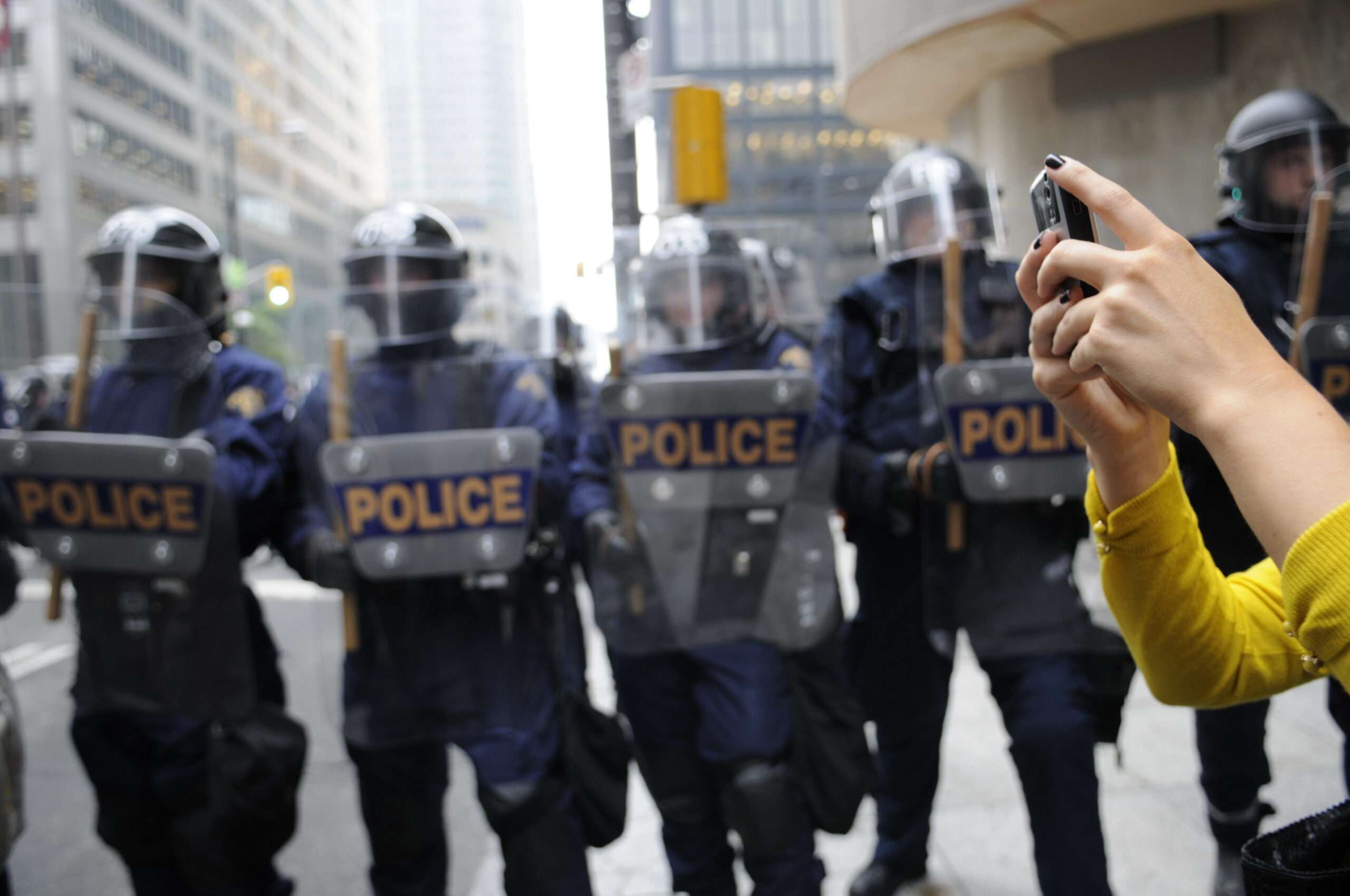Even if you support police, don't ban people from recording them

🌈 Abstract
The article discusses the debate around laws that restrict the public's right to record police officers, particularly in Florida. It argues that filming cops is a First Amendment right and that there are already laws against harassing them, so such restrictions are unnecessary and reduce accountability for law enforcement.
🙋 Q&A
[01] Even If You Support Police, Don't Ban People From Recording Them
1. What is the main argument of the article regarding the public's right to record police officers?
- The article argues that filming cops is a First Amendment right, and there are already plenty of laws against harassing them, so laws that restrict the public's right to record police officers are unnecessary and reduce accountability for law enforcement.
2. What examples does the article provide of police misconduct being documented through recordings?
- The article cites an incident in Omaha, Nebraska in 2013 where video showed police officers throwing a man to the ground and beating him, and officers then seized and destroyed the phones of family members who recorded the incident.
3. What is the legal status of laws that prohibit recording police officers?
- The article states that courts across the country have ruled that outlawing the recording of on-duty officers in public is a violation of the First Amendment. It cites a recent case in Arizona where a law prohibiting video recording within 8 feet of police activity was struck down on First Amendment grounds.
[02] Florida Proudly Supports Police Unaccountability
1. What new laws did Florida pass to restrict the public's ability to record police?
- Florida passed two new laws: H.B. 601 that gives police departments control over oversight boards investigating their conduct, and S.B. 184 that allows police to order members of the public to remain at least 25 feet away under threat of arrest.
2. How do these new Florida laws compare to similar laws in other states?
- The article notes that the 25-foot buffer zone in the Florida law is larger than the 10-foot zone in a Nebraska bill that was also deemed unconstitutional. It also compares the Florida law to a similar 25-foot buffer zone law in Indiana, which was initially upheld but is now under appeal.
3. What is the likely intent behind these types of laws that restrict recording of police?
- The article argues that despite claims of protecting officers from "harassment", the real intent is to prevent the public from recording police misconduct, as lawmakers constantly focused on restricting recording rather than just prohibiting interference or harassment.